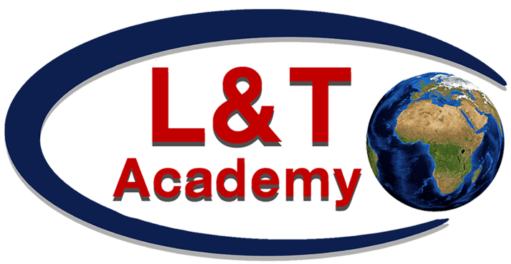Description
Course Description:
This course explores the intersection of psychology and linguistics, focusing on how language is processed, understood, and produced by the human mind. Students will examine key concepts and research in psycholinguistics, including language acquisition, language processing, and the cognitive mechanisms underlying language use.
Course Objectives:
- Understand the major theories and concepts in psycholinguistics.
- Explore how language is acquired and processed in the brain.
- Analyze the cognitive and neurological mechanisms involved in language production and comprehension.
- Evaluate research methods and experimental approaches used in psycholinguistics.
- Apply psycholinguistic theories to real-world language phenomena.
Weekly Outline:
Week 1: Introduction to Psycholinguistics
- Overview of psycholinguistics and its scope.
- Historical development and key figures in the field.
- Introduction to basic terminology and concepts.
- Readings: Chapters from introductory psycholinguistics textbooks.
Week 2: The Cognitive Processes of Language
- Overview of cognitive processes involved in language.
- Models of language processing: Serial vs. parallel processing.
- Theories of cognitive architecture related to language (e.g., dual-route model).
- Readings: Selected journal articles on cognitive models of language.
Week 3: Language Acquisition: First Language
- Theories of first language acquisition (e.g., nativist, learning theory).
- Stages of language development in children.
- The role of input and interaction in language acquisition.
- Readings: Chapters on first language acquisition from psycholinguistics texts.
Week 4: Language Acquisition: Second Language
- Theories of second language acquisition (e.g., Krashen’s Input Hypothesis, sociocultural theory).
- Factors influencing second language learning (e.g., age, motivation, exposure).
- Readings: Articles on second language acquisition research.
Week 5: Language Processing: Perception and Comprehension
- How speech sounds are perceived and processed.
- Models of sentence processing and comprehension (e.g., garden path models).
- The role of working memory and attention in comprehension.
- Readings: Research papers on sentence processing and comprehension.
Week 6: Language Production: Speech and Writing
- The process of speech production (e.g., lexical selection, syntactic planning).
- Models of speech production (e.g., Levelt’s model).
- The cognitive processes involved in writing.
- Readings: Chapters on speech production and writing from psycholinguistics texts.
Week 7: Neurolinguistics: Brain and Language
- The neurological basis of language processing.
- Brain areas involved in language (e.g., Broca’s area, Wernicke’s area).
- Methods in neurolinguistics (e.g., fMRI, ERP).
- Readings: Articles on brain language research and case studies.
Week 8: Bilingualism and Multilingualism
- Cognitive and neurological aspects of bilingualism.
- The effects of bilingualism on cognitive processes (e.g., executive functions).
- Challenges and advantages of multilingualism.
- Readings: Studies on bilingualism and multilingualism.
Week 9: Language Disorders and Aphasia
- Overview of language disorders (e.g., aphasia, dyslexia).
- Types of aphasia and their impact on language processing.
- Case studies of individuals with language disorders.
- Readings: Research articles on language disorders and aphasia.
Week 10: Psycholinguistic Research Methods
- Experimental methods in psycholinguistics (e.g., eye-tracking, reaction times).
- Designing and interpreting psycholinguistic experiments.
- Ethics and challenges in psycholinguistic research.
- Readings: Methodological articles and research design principles.
Week 11: Language, Thought, and Culture
- The relationship between language and thought (e.g., linguistic relativity hypothesis).
- How culture influences language processing and use.
- Cross-linguistic and cross-cultural studies in psycholinguistics.
- Readings: Papers on language, thought, and culture.
Week 12: Review and Applications of Psycholinguistics
- Summary of key concepts and theories covered in the course.
- Applications of psycholinguistic research to real-world issues (e.g., language education, clinical practice).
- Student presentations on selected topics or research findings.
- Review session and preparation for final assessments.
Assessment Methods:
- Weekly quizzes to test understanding of key concepts.
- Written assignments analyzing specific topics or research studies.
- Midterm exam covering foundational theories and concepts.
- Final project or presentation on a chosen topic within psycholinguistics.
- Participation in class discussions and activities.
Recommended Texts and Resources:
- Introduction to Psycholinguistics: Understanding Language Science by Matthew J. Traxler.
- The Psychology of Language: From Data to Theory by Trevor A. Harley.
- Selected academic articles and book chapters from recent psycholinguistics research.
Final Project:
Students will choose a psycholinguistic topic of interest, conduct a literature review, and present their findings in a research paper or presentation. The project should demonstrate an understanding of the course material and apply psycholinguistic theories to the chosen topic.
This outline provides a structured approach to learning the fundamentals of psycholinguistics, with a balance between theoretical concepts and practical applications.







Reviews
There are no reviews yet.